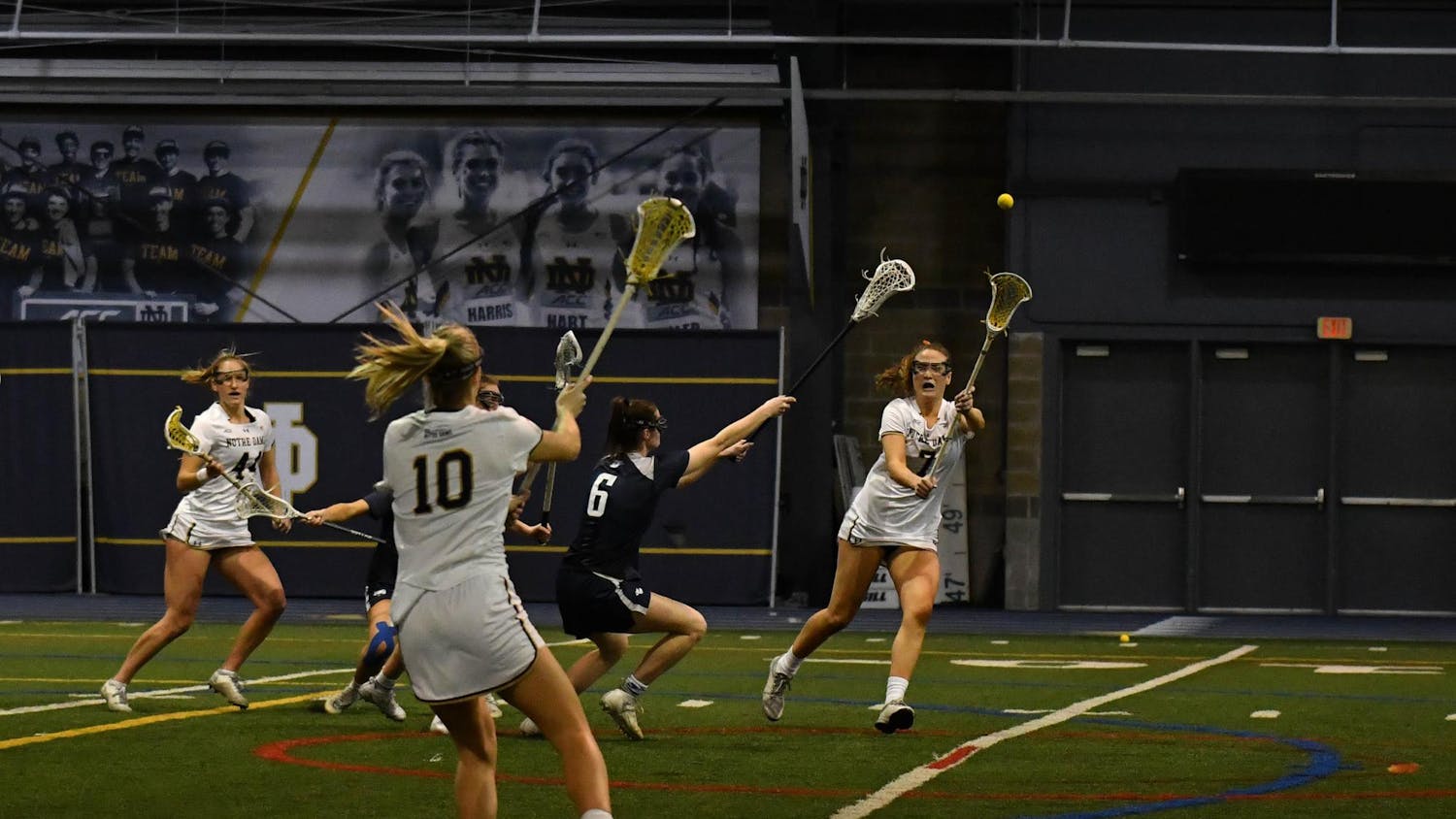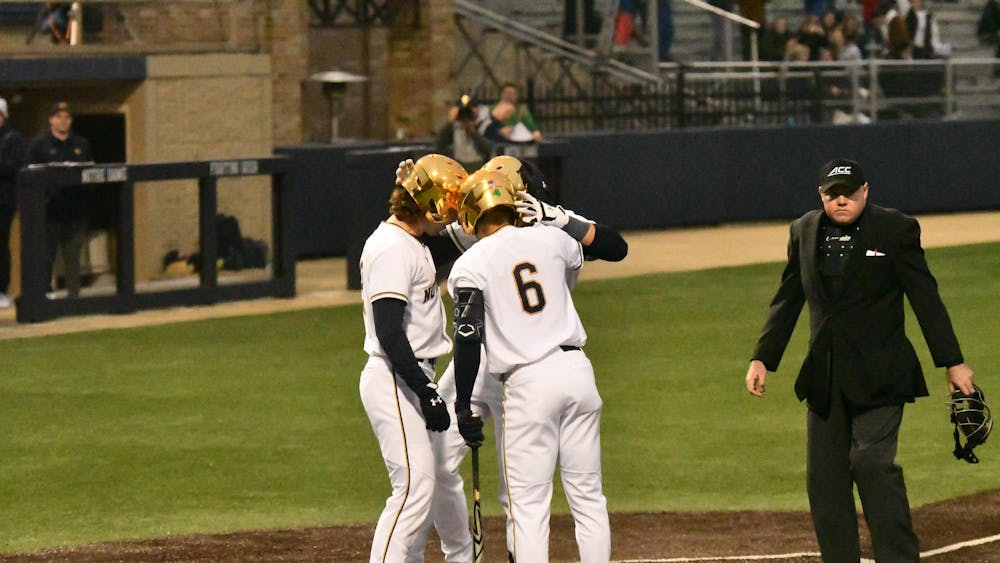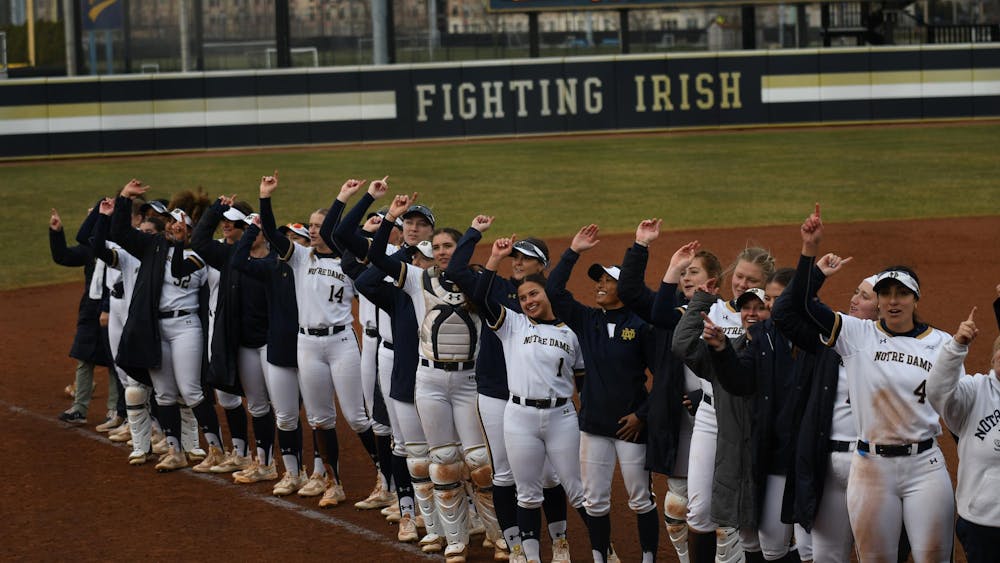In a year where we’ve seen so much parity at the top, so many upsets across the board and a record number of double-digit seeds winning in the NCAA tournament, it looked like a perfect year for Valparaiso and Monmouth to make deep tournament runs, the kinds that could have put them aside George Mason, the truest underdog to reach a Final Four.
And ignore the error the selection committee made by putting Vanderbilt and Tulsa in over Valparaiso and Monmouth — yeah, it was far from the right call, but it should’ve never come to that.
Because the Crusaders and Hawks should’ve never had to prove one more time they were the best teams in their conference.
You see, that’s because 18- or 20-game, season-long samples tell you a lot more about the relative quality of teams than a two- or three-game conference tournament does. And the argument that follows is a normative one — I believe small conferences should be making every attempt to send its best team to the tournament, not simply the one that gets hot for a few days in March.
Don’t believe me? Just look at the results this weekend.
Of the nine mid-major schools seeded No. 10 or higher that won a game in this tournament, six of them — Hawai’i, Wichita State, Yale, VCU, Stephen F. Austin and Little Rock — were outright or co- regular-season champions in their conference. Another two, Northern Iowa and Gonzaga, were No. 11 seeds, theoretically bubble teams given their résumés.
Only Middle Tennessee State, a No. 15 seed that pulled the shocker of the tournament, was a school that came out of nowhere to get its upset win in the first round.
Weird then, in a year where so many upsets occurred in conference tournaments, that the teams that were really good during the year, well, had the most success with wreaking havoc in the NCAA tournament.
My parents are Youngstown State alums, and I grew up in Indianapolis watching Butler, so I’ve always got a keen eye on the Horizon League. And it wasn’t even close: Valparaiso was hands-down the best team in the league. They went 16-2 in conference play and won the regular-season crown by three games.
But when March hit, the Crusaders were bounced by Wisconsin-Green Bay in the semifinal of the Horizon League tournament. All the work they did over the 18-game schedule straight down the drain on a neutral site, overtime loss to a team it beat twice during the regular season.
Why?
Of course, in past years, Valparaiso probably would’ve been fine. Before this season, the Horizon League played its conference tournament on campus sites, with the highest-seeded team hosting semifinals and the championship. The Crusaders would’ve been at home, rather than in dull, lifeless Joe Louis Arena in Detroit, and that probably would’ve gotten them the bounce to secure a win in regulation.
But this wasn’t past years, and Wisconsin-Green Bay had the honor of being sacrificed to No. 3-seeded Texas A&M on Friday instead.
A couple weeks earlier, the league had a Crusaders team fully capable of being this year’s Cinderella story. And they threw it away because of the insistence on having a conference tournament.
Which is what makes the Ivy League’s decision to move to a four-team tournament all that more maddening to me. The conference has always held a special place in my heart for its “14-game conference tournament,” because it’s so simple: Be the best over the long run, and you’re probably the team deserving of a spot in the NCAA tournament.
And I get why conferences go the tournament route, I do. Not only do these conference title games bring in revenue and produce exposure, but it’s also about the coaches whose teams finish second, third or fourth in the regular season: They want another chance at it.
At the end of the day though, think about it: You probably didn’t watch Wisconsin-Green Bay down Wright State to earn its bid in the NCAA tournament a couple weeks ago.
But I’m willing to bet you watched Stephen F. Austin, Yale or Little Rock last week.
Small conferences should give their best teams the chance to shine on the largest stage. Even if it means giving up their precious league tournaments.













